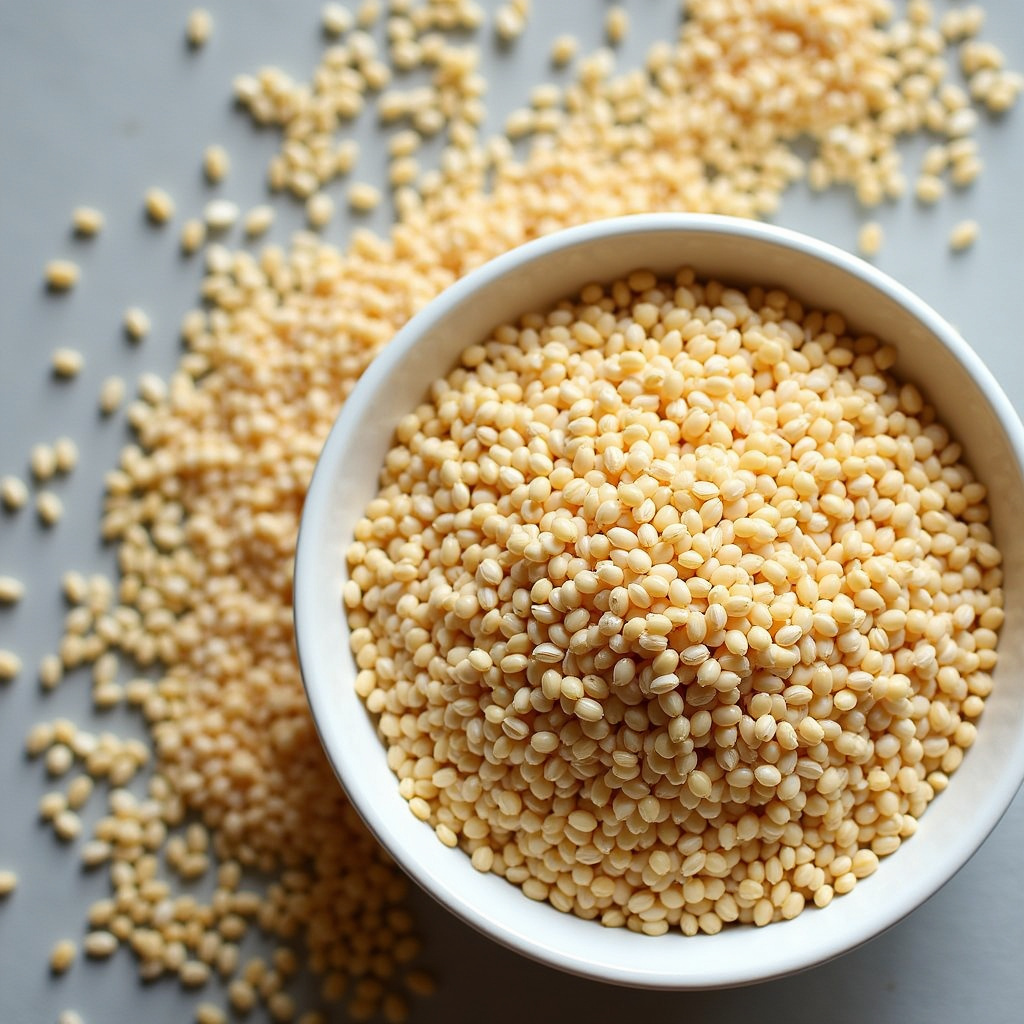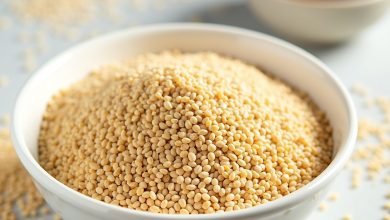From Oil to Seeds: The Many Benefits of Sesame in Your Kitchen

Sesame seeds and oil have been staples in kitchens around the world for centuries. Known for their rich flavor and nutritional benefits, sesame is more than just a cooking ingredient; it’s a superfood that can elevate your culinary experience and contribute to a healthy lifestyle. This article explores the many benefits of incorporating sesame seeds and oil into your kitchen.
1. Nutritional Profile of Sesame
Sesame seeds are tiny but packed with essential nutrients. They are an excellent source of:
- Healthy Fats: Sesame seeds contain monounsaturated and polyunsaturated fats, which are beneficial for heart health.
- Protein: They are a good plant-based protein source, making them an excellent addition for vegetarians and vegans.
- Vitamins and Minerals: Rich in calcium, magnesium, phosphorus, and iron, sesame seeds contribute to bone health and overall well-being.
- Antioxidants: Sesame seeds contain antioxidants like sesamol and sesamin, which help combat oxidative stress in the body.
2. Culinary Uses of Sesame Seeds
Sesame seeds can enhance a variety of dishes, both in flavor and nutritional content. Here are some popular ways to use them in your kitchen:
- Sprinkle on Salads: Add a handful of toasted sesame seeds for a nutty crunch and added nutrition.
- Baking: Incorporate sesame seeds into bread and pastries for extra flavor and texture.
- Asian Dishes: Use sesame seeds as a garnish for stir-fries, sushi, and soups to enhance flavor.
- Homemade Tahini: Blend sesame seeds into a smooth paste to create tahini, a versatile ingredient for dressings and dips.
3. Benefits of Sesame Oil
In addition to the seeds, sesame oil is a valuable ingredient in cooking. Its unique properties offer numerous health benefits:
- Heart Health: Rich in omega-6 fatty acids, sesame oil can help lower cholesterol levels and improve heart health.
- Anti-Inflammatory Properties: The antioxidants in sesame oil can reduce inflammation and promote overall health.
- High Smoke Point: Sesame oil has a high smoke point, making it suitable for frying and sautéing without breaking down.
- Flavor Enhancer: Its nutty flavor can enhance the taste of various dishes, making it a favorite in Asian cuisine.
4. Incorporating Sesame into Your Diet
Adding sesame seeds and oil into your daily diet can be easy and delicious. Here are a few tips to incorporate these ingredients seamlessly:
- Start Your Day Right: Sprinkle sesame seeds on your morning oatmeal or yogurt for a nutritious breakfast.
- Healthy Snacking: Choose sesame seed-based snacks like sesame bars or granola with sesame for a healthy treat.
- Dressings and Marinades: Create homemade dressings using sesame oil, vinegar, and spices for a flavorful addition to salads and grilled meats.
- Try New Recipes: Explore international cuisines that prominently feature sesame, such as Middle Eastern or Asian dishes, to diversify your meals.
5. Allergies and Considerations
While sesame is beneficial for most people, it is important to be aware of allergies. Sesame allergies are relatively common and can cause severe reactions in some individuals. Always consult with a healthcare professional if you or someone in your family has a known allergy. Additionally, ensure that you purchase sesame products from reputable sources to avoid contamination.
Conclusion
From its rich nutritional profile to its versatility in cooking, sesame seeds and oil offer a multitude of benefits that can enhance your kitchen experience. Whether you’re adding a sprinkle of seeds to your salad or using sesame oil in your stir-fry, incorporating these ingredients into your diet is a simple yet effective way to boost your health and flavor in everyday meals. Embrace the goodness of sesame and transform your culinary adventures!




